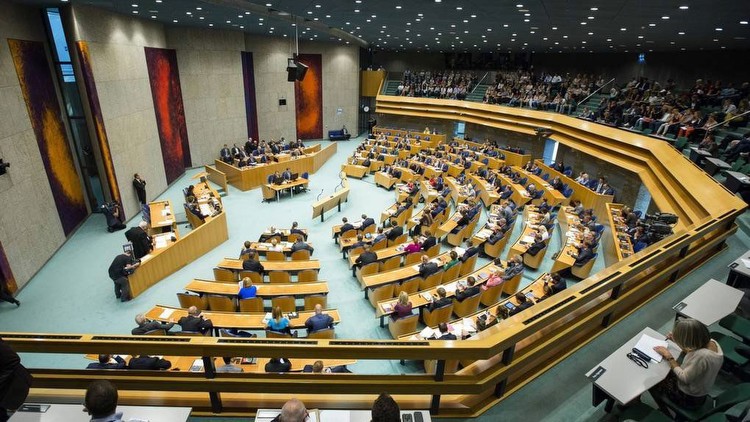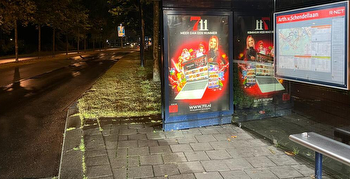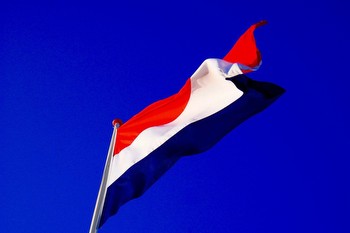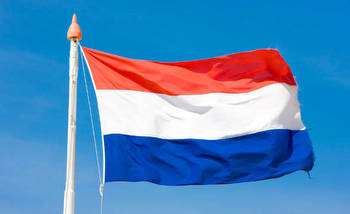Dutch lawmakers pass bills to ban online gambling advertising, 'high risk' online games including slots

The Netherlands' House of Representatives voted on Tuesday in favor of two motions to ban online gambling advertising and what lawmakers termed as "high-risk" online casino games, including slots.
The motions, proposed by Socialist Party (SP) MP Michiel van Nispen, received a narrow majority in the House of Representatives. The first motion called for a ban on all forms of targeted advertising related to gambling, while the second motion aimed to prohibit online casino games deemed to have a high risk, with a particular emphasis on slots.
Van Nispen argued that such measures were necessary to address the negative impact of gambling addiction in the country. "The KOA market is sick through and through. Every day that these companies continue their bad practices, more people become addicted to gambling," he stated during the parliamentary session.
The approval of these motions comes after a series of debates held last week, during which a total of 114 motions were proposed. Of these, 14 were related to gambling, with 10 ultimately adopted by the House of Representatives. Motions have also been passed for mandatory financial risk checks, as well as for identification.
The decision marks a departure from previous stances on gambling advertising. In February 2024, a similar motion for a total ban on gambling advertisements did not garner enough support. However, with a slim majority of 77 votes this time, the motion passed.
The ban on online gambling advertisingcomplements existing restrictions imposed by the Remote Gambling Act (KOA Act), which came into effect in July 2023. Under the KOA Act, gambling advertising on public platforms such as television, radio, print, and outdoor media was already prohibited.
The second motion targeting high-risk online casino games, particularly slots, highlights concerns about the addictive nature of certain forms of gambling. Supporters argue that players have little control over the outcome of such games, increasing the risk of harmful behavior.
Despite the approval of these motions, the implementation of the bans will require further review and approval by Franc Weerwind, the minister for legal protection in the Netherlands. Weerwind, who has previously advocated for responsible gambling measures, will play a key role in shaping the final legislation.
However, critics warn that a blanket ban on gambling advertising and high-risk games could have unintended consequences, including a potential resurgence of the black market. In Germany, similar restrictions have led to a significant portion of gambling activity moving to unlicensed operators, depriving the state of tax revenue.


































